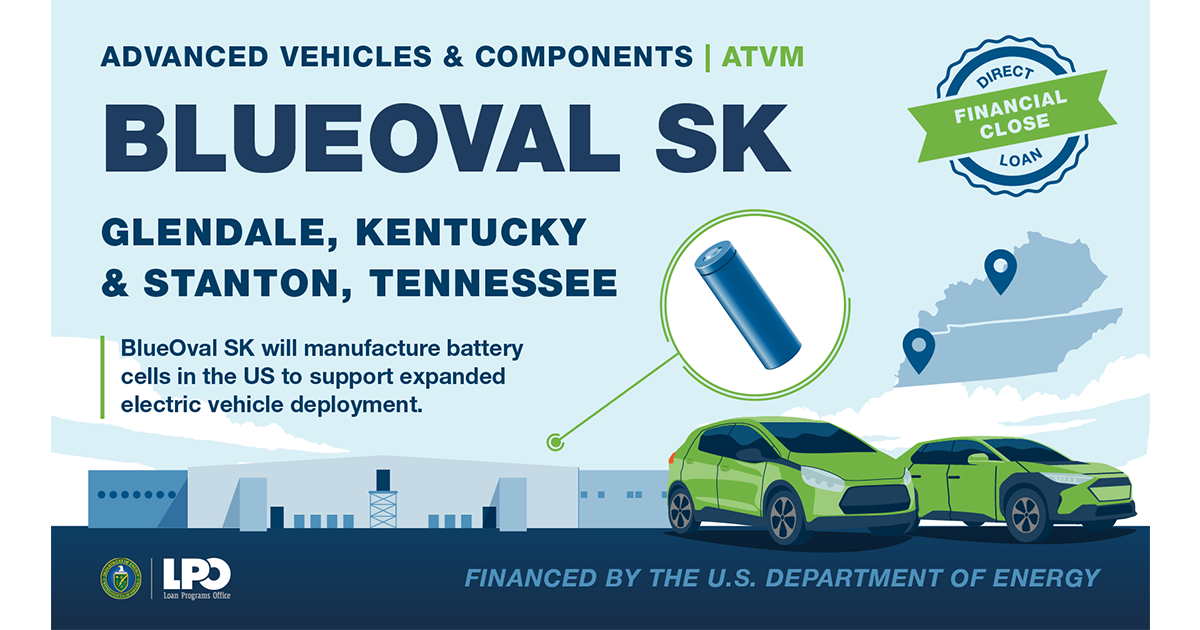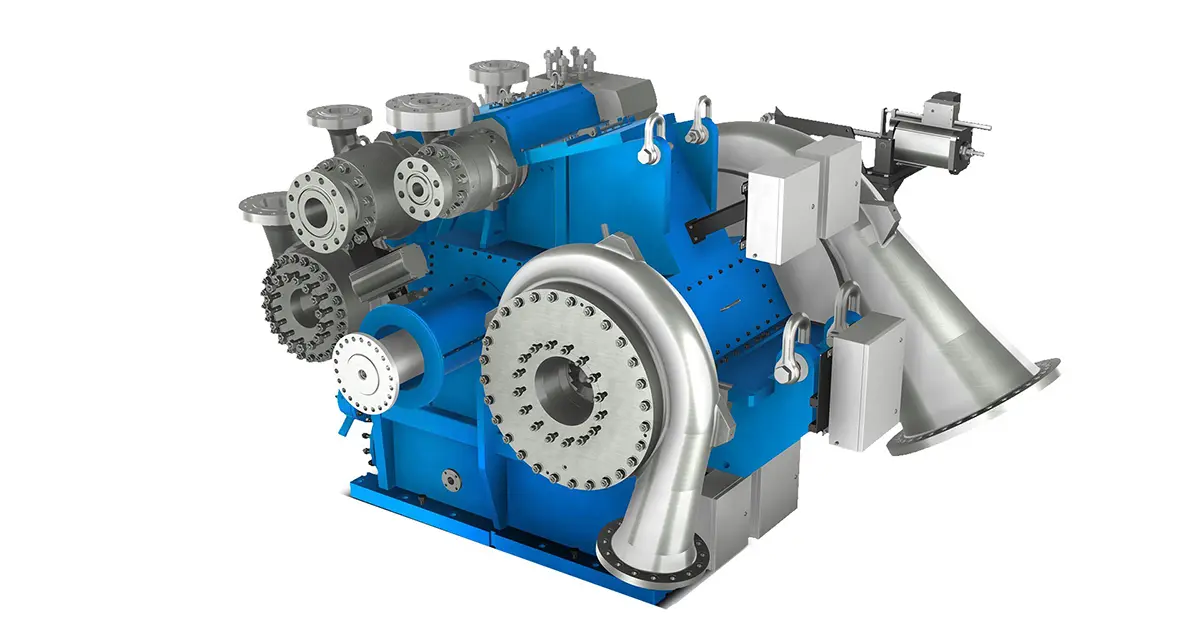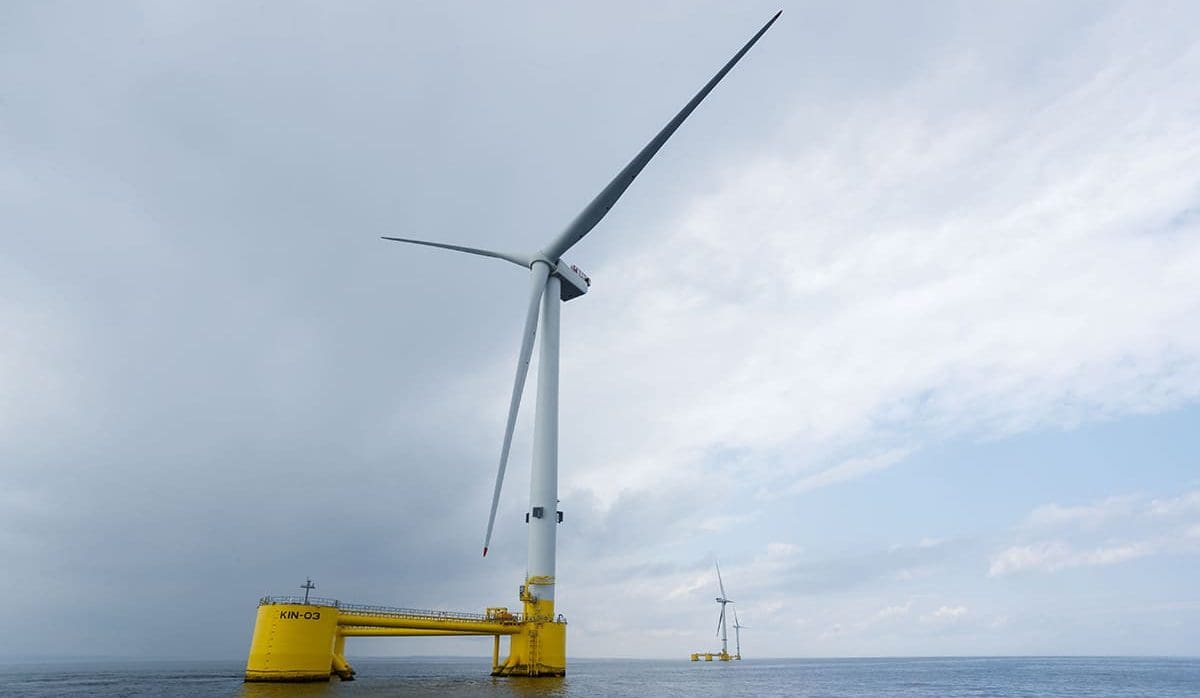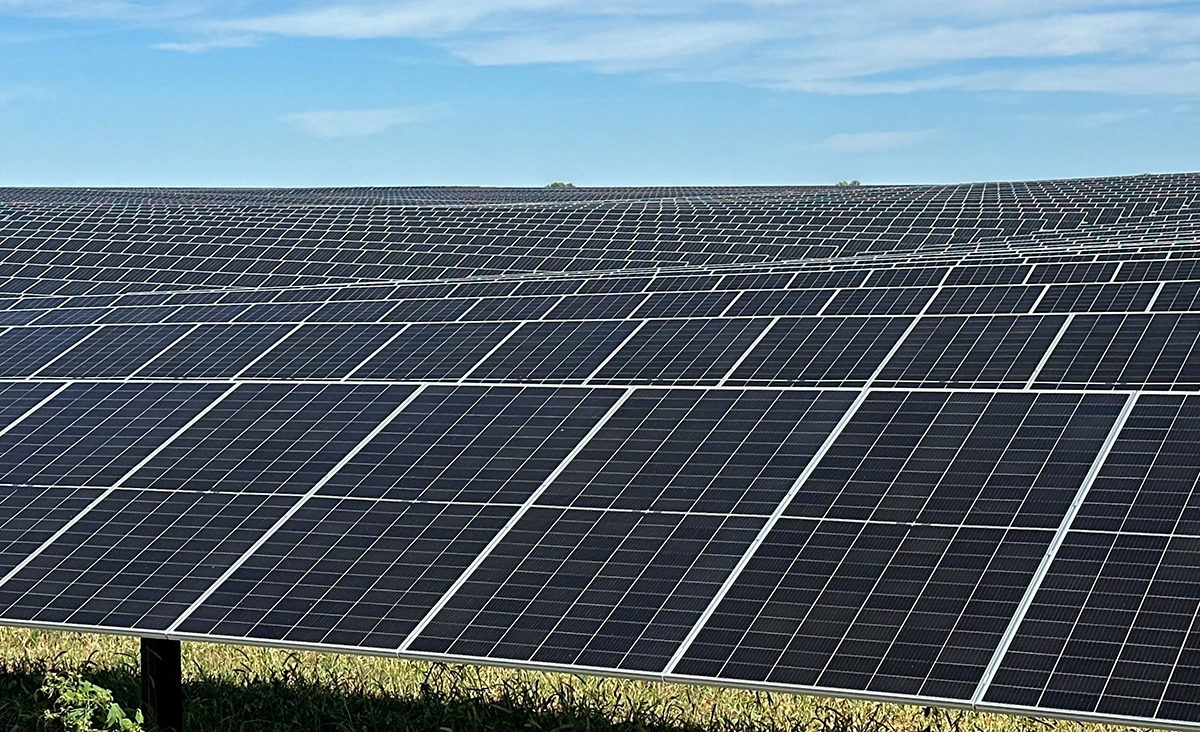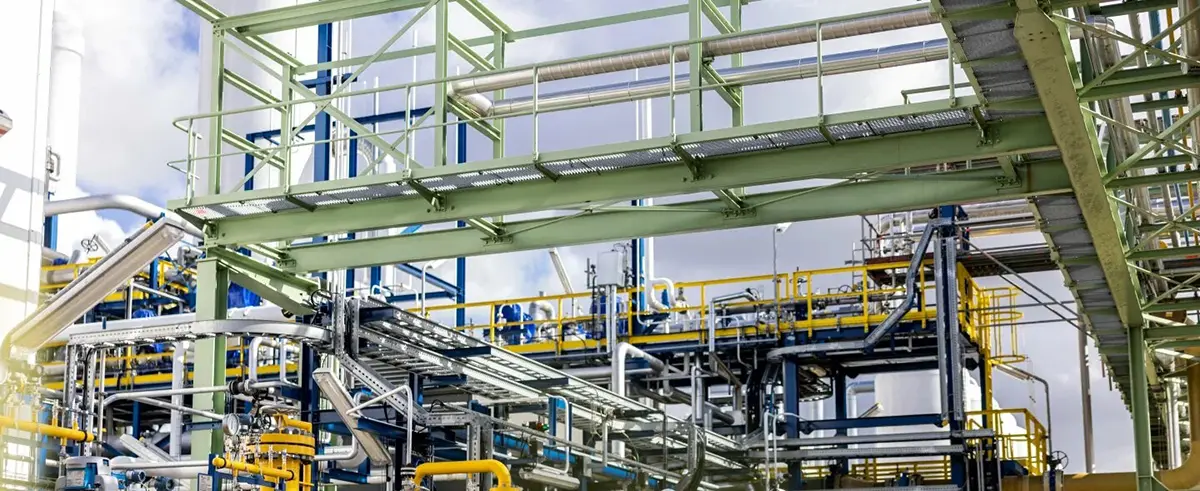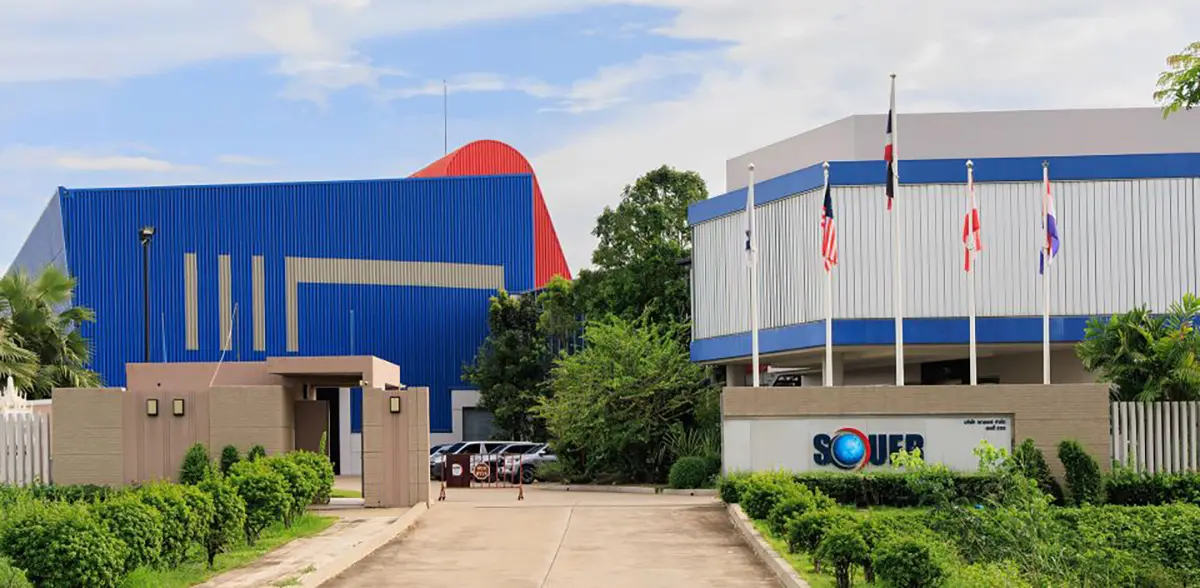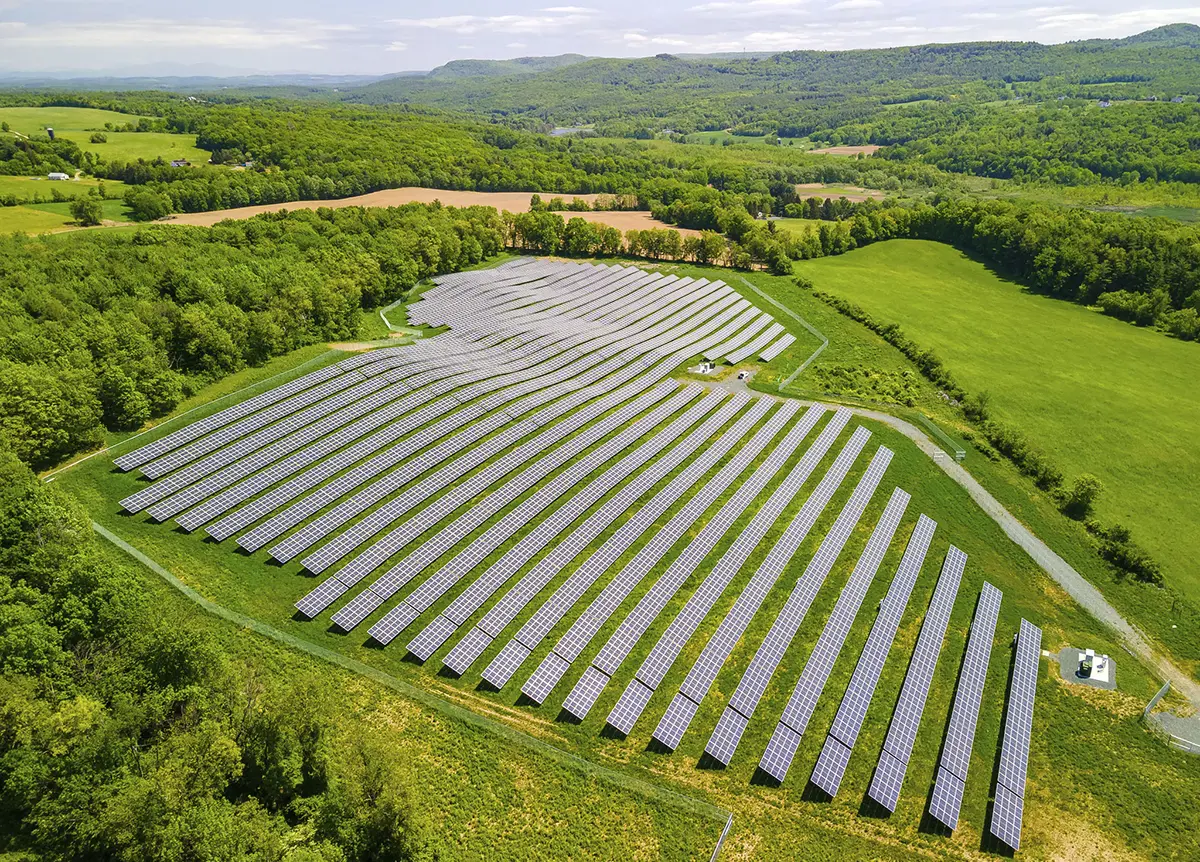
Major Utilities Seek Federal Support For Southeast Hydrogen Hub
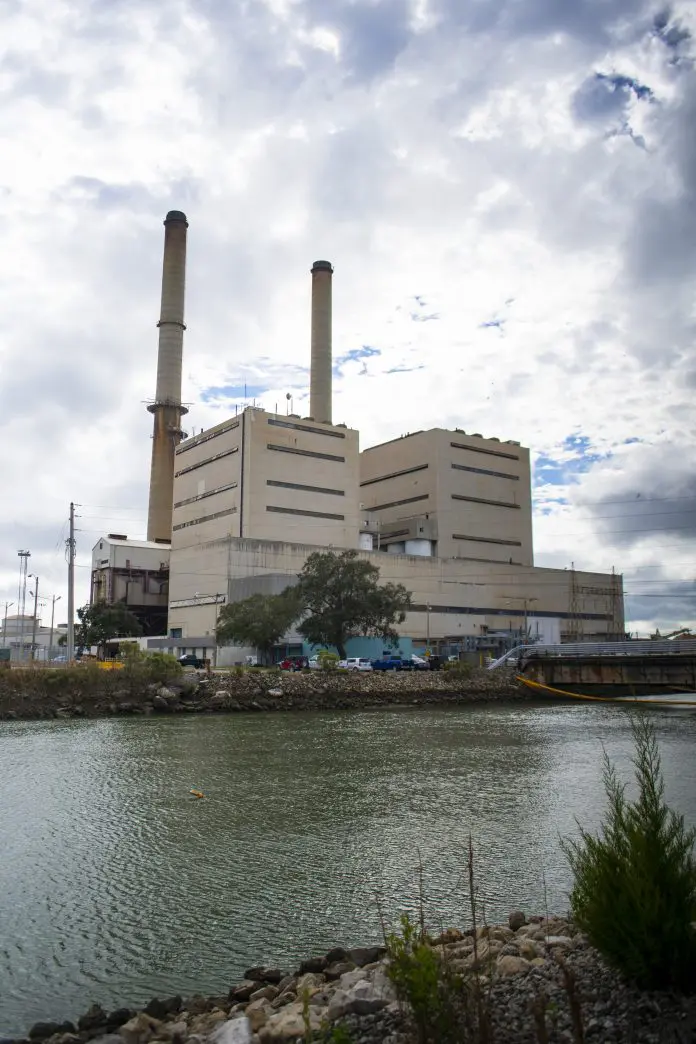
A newly formed coalition including major utility companies Dominion Energy, Duke Energy, Louisville Gas & Electric Company (LG&E), Kentucky Utilities Company (KU), Southern Company and the Tennessee Valley Authority (TVA), Battelle, and others announced its plan to pursue federal financial support for a Southeast Hydrogen Hub. The coalition will respond to the recently announced funding opportunity from the Department of Energy (DOE) that includes US$8 billion for regional hydrogen hubs and is part of the Infrastructure Investment and Jobs Act.
Other members of the Southeast Hydrogen Hub coalition will include a growing list of hydrogen users from a variety of industries in Alabama, Georgia, Kentucky, North Carolina, South Carolina, and Tennessee. The coalition expects its membership to grow as news of the opportunity spreads and as interest in hydrogen intensifies. A hydrogen hub in the Southeastern United States is expected to bring economic development benefits to the region. Hydrogen has immediate potential to accelerate decarbonization in the Southeast and across all sectors of the US economy, including transportation, which generates the largest share of greenhouse gas emissions in the country.
Hydrogen also is a dispatchable energy source, meaning it can be turned on or off as needed, enabling power companies to add more intermittent renewable resources to the energy system. Hydrogen is poised to play a major role in addressing climate change and could be essential for each coalition member to meet its stated carbon-reduction goals:
- Dominion Energy: Achieve net-zero GHG emissions across Scopes 1, 2, and 3 for all electric and natural gas operations by 2050.
- Duke Energy: Achieve net-zero carbon emissions from electricity generation by 2050. The company has interim carbon emissions targets of at least 50% reduction from electric generation by 2030 and 80% reduction by 2040.
- LG&E and KU: Along with parent company, PPL, LG&E and KU set goals to achieve net-zero carbon emissions by 2050, with interim reduction targets of 70% from 2010 levels by 2035 and 80% by 2040.
- Southern Company: Achieve net-zero GHG emissions across electric and natural gas operations by 2050.
- TVA: Achieve 70% carbon reduction by 2030 and approximately 80% carbon reduction by 2035. Aspire to net-zero by 2050.
By working together, the coalition can focus on developing scalable, integrated projects at key locations across the entire southeast in support of these carbon-reduction goals and encourage the broad-based development of a regional energy ecosystem that will allow members to deploy hydrogen as a decarbonization solution for customers and communities.

